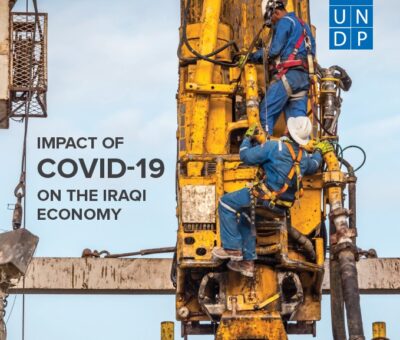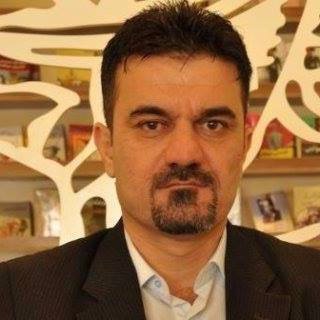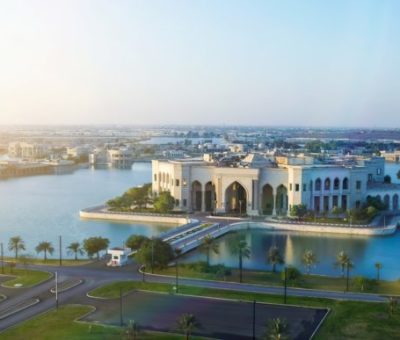FOREWORD This paper builds on the “Impact of the Oil Crisis and COVID-19 on Iraq’s Fragility” published in August 2020 by the United Nations Development Programme (UNDP). It explored how the COVID-19 pandemic and diminishing oil revenues are affecting various dimensions of Iraq’s fragility. A series of forthcoming papers will provide more details on key aspects of Iraq
Read MoreA recent Bloomberg news report entitled Iraq Aims to Go Nuclear to Resolve Crippling Power Shortages[1] revealed that Iraq is planning to build 8 nuclear reactors to generate electricity to close an expected electricity supply gap of 50% by 2030. The news report quoted Dr. Kamal Hussain Latif, Chairman of the Iraqi Radioactive Sources Regulatory Authority (IRSRA) saying that th
Read MoreOfficial estimates are that Iraq’s proven reserves of conventional natural gas amount to at least 3.5 trillion cubic meters (tcm), or about 1.5 percent of the world’s total, placing Iraq 13th among global reserve-holders, with around three-quarters of this figure comprising associated gas that is found in the same reservoirs as oil. The International Energy Agency, though, esti
Read MoreSix years passed since the Iraqi government launched its Private Sector Development Strategy 2014-2030, aiming to reform regulatory frames and market conditions towards private sector-led growth. Several international partners (including UNDP, World Bank, GIZ, and USAID) also attempted to help realize some goals of the strategy. Along with the strategy, Iraqi leaders have alway
Read MoreGilgamesh Nabeel / 05 Apr 2021 The newly opened American University of Iraq–Baghdad, the country’s first American-style, liberal arts-focused institution of higher education outside the Kurdish region, aspires to train the next generation of Iraqi leaders. Students inside a classroom of the newly opened American University of Iraq–Baghdad (Photo: Courtesy of the unive
Read More





